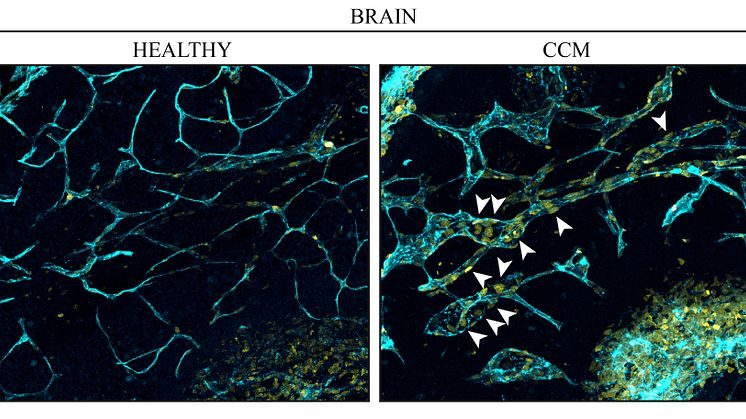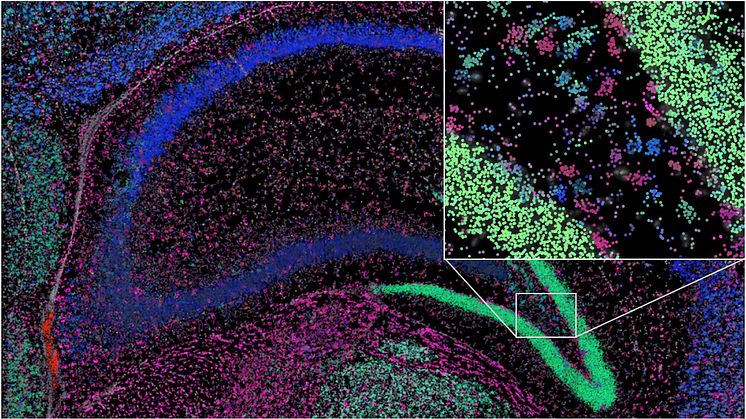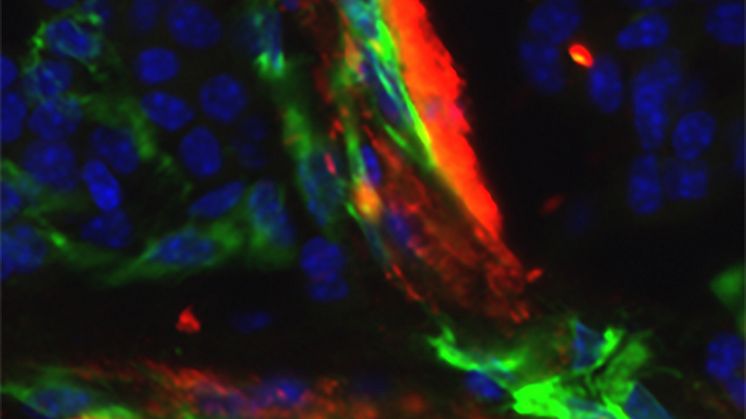New improved dog reference genome will aid a new generation of investigation
Researchers at Uppsala University and the Swedish University of Agricultural Sciences have used new methods for DNA sequencing and annotation to build a new, and more complete, dog reference genome. This tool will serve as the foundation for a new era of research, helping scientists to better understand the link between DNA and disease, in dogs and in their human friends.



